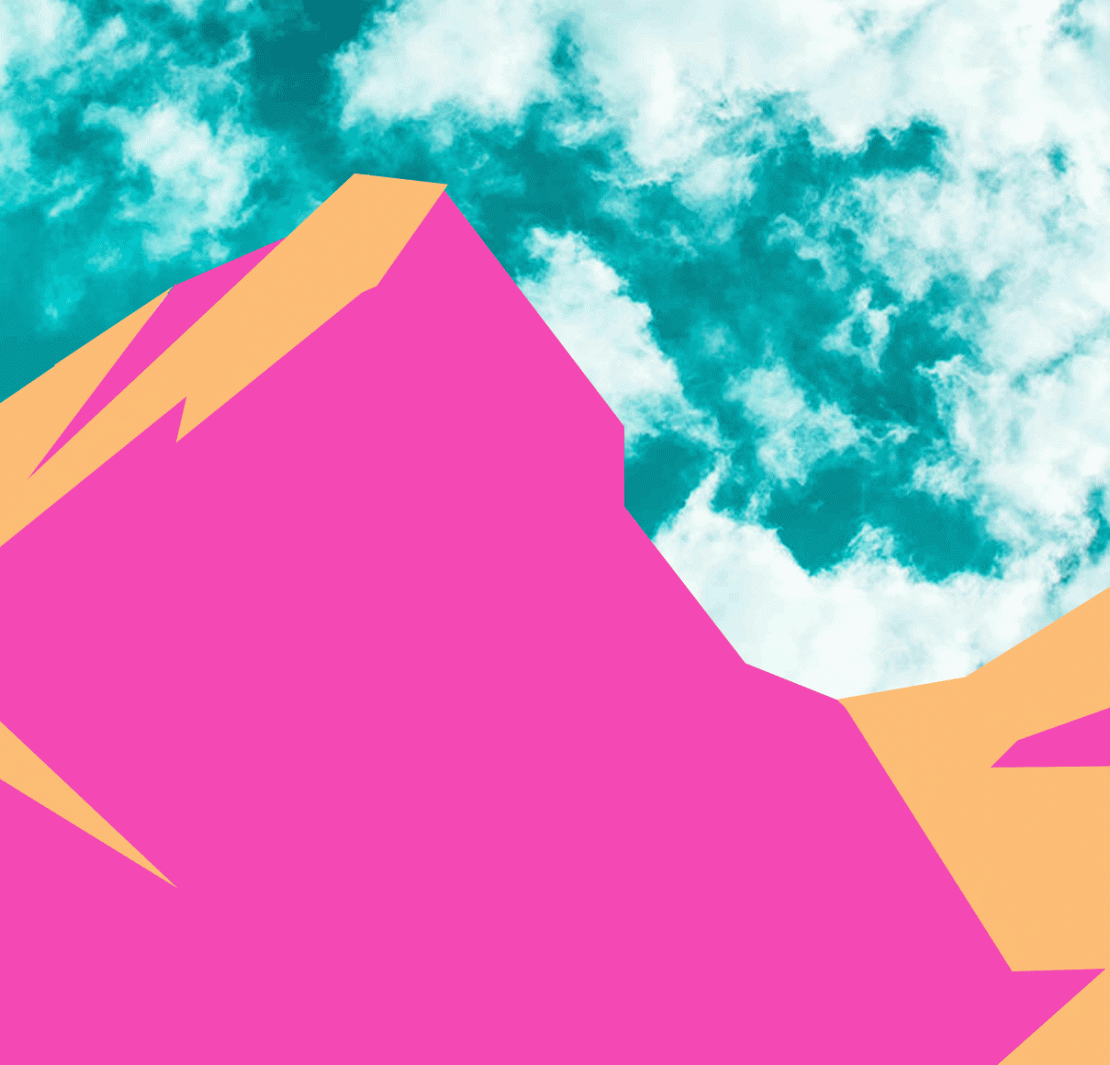We spoke to Rachel, who is a seasonal summer ranger with Parks Victoria. Seasonal rangers work during the busy summer period to the influx of visitors. Rachel works at the Twelve Apostles and other major sites on the Great Ocean Road.
FN: What time do you get to work in the morning and what’s the first thing that you do?
I work 8am until 4:30pm most days. So, when we first get to work in the morning, all the employees stand around and we talk about what we’re going to achieve for the day. Then, the seasonal rangers’ main job every morning is to do a ‘park run’. A ‘park run’ consists mostly of picking up rubbish, but while we’re out there we also look out for things that might have happened overnight, like camping or fires. Rubbish is the biggest target though.
FN: How long does this take? Is there a lot of rubbish?
This normally takes us until about lunchtime; we normally collect about two to three full garbage bags of rubbish. It frustrates me that people come and see such a naturally beautiful place, and then leave their rubbish. Last week we found a snake that was caught in a can but still alive. I think that’s the most frustrating part of the job.
But sometimes during the week when it’s a bit quieter and there’s less rubbish, we’ll do a bit of weeding or track clearing in the morning. We also recently did some monitoring of Hooded Plovers (a small bird).
FN: That sounds cool. Do you deal with wildlife often?
Not exactly. People think we have a lot to do with taking care of animals, like animal rehab programs. But this isn’t really part of the role; the role is really about maintaining the park itself.
Obviously, we view animals in their natural habitat when we’re walking around but we don’t pick them up or work with them really. But every now and then we get lucky enough to do some exciting stuff, like the other weekend we relocated penguin. Also on average we do re-locate about one tiger snake per day, which is to ensure the park is safe.
FN: Okay, so after the morning ‘park run’, what happens next?
We come back to the office and have lunch. Then straight after, we’ll head out to the Twelve Apostles in the afternoon and start doing welfare patrols and the talks. We do a series of talks about the history of the twelve apostles, the geology of the rock, and about the animals and plants that are around the area. We do about three different talks each day.
FN: Is there anything you need to do at the end of the day before you can go home?
Normally, we do a de-brief on everything that happened that day. We’ve had quite a few medical emergencies recently, so we do a de-brief on these kinds of things to make sure everyone is in check. We make also sure the vehicles are in check, in case any of them need to go certain places the next morning.
FN: What sort of medical emergencies do you deal with?
We had a snake bite one day, and a man who was really dehydrated another day. We also get a lot of elderly people who visit but they have heart conditions. So we need to be ready for that and have people who are trained to use defibrillators.
FN: What kind of training do you get to deal with medical emergencies?
The induction with Parks Vic was actually really, really good. It took a couple of days, we had several trainings about how to deal with different situations. Some of the training prepared you for how to deal with people who aren’t compliant towards the rules or are a bit aggressive. We also got disability training, which was about helping people with access. We did some emergency training too, like what you should do in a medical situation. I think that comes down to different locations that you work though; obviously, working at the Twelve Apostles, we have a lot of visitors. Medical emergencies are quite likely to happen when you have 2.2 million visitors coming in per year.







